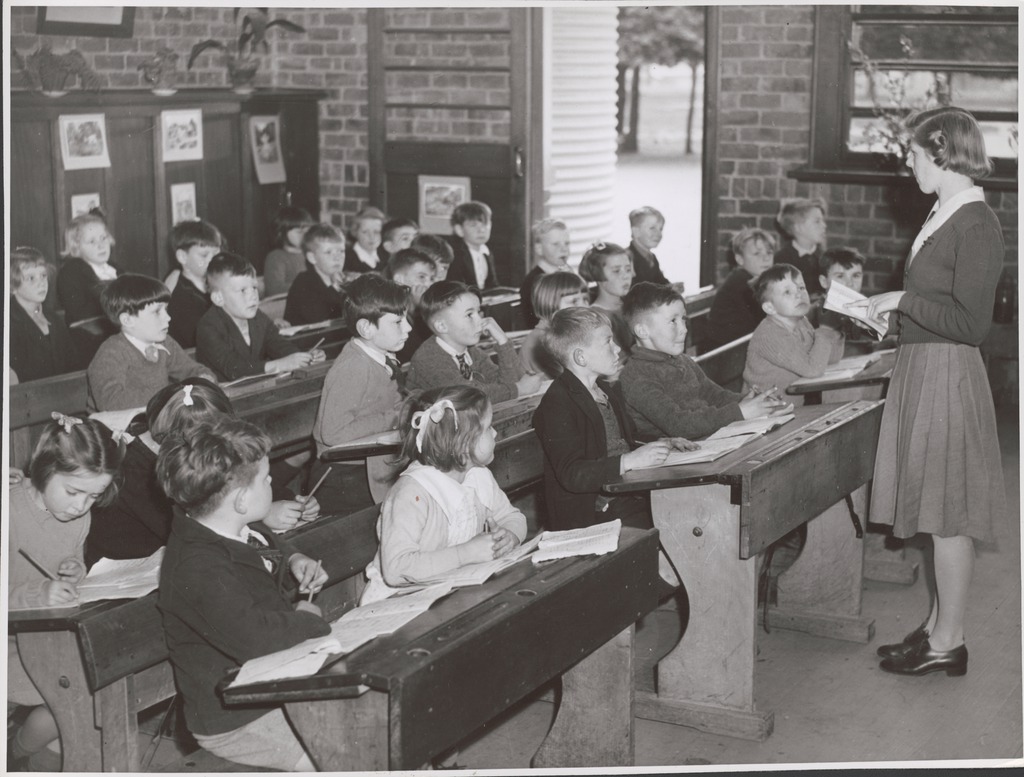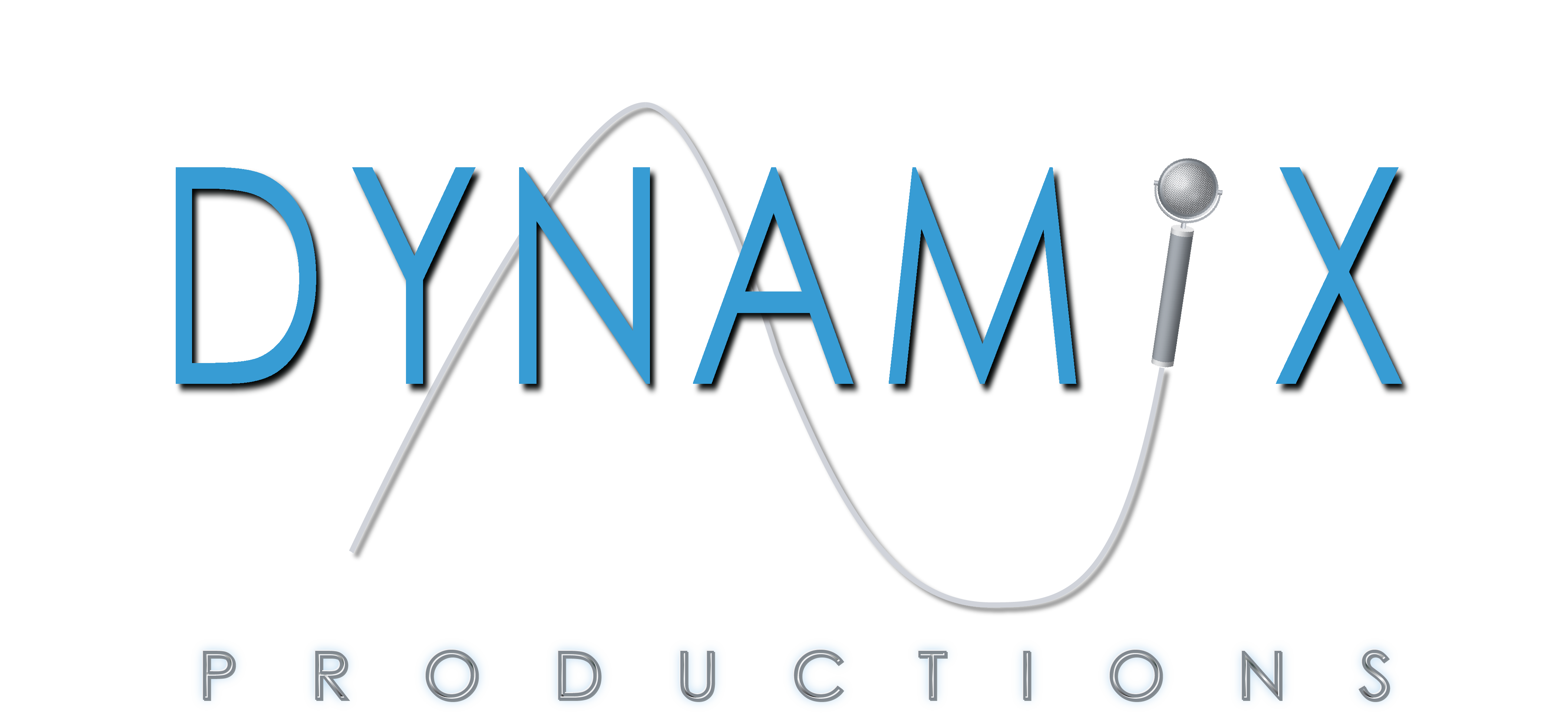

- © 2003 - 2025 Dynamix Productions, Inc. Contact Us 0



“I love audio books, and when I paint I’m always listening to a book. I find that my imagination really takes flight in the painting process when I’m listening to audio books.”
Thomas Kinkade
There was a panic in 2009 during the recession, and it wasn't about housing. Or at least traditional houses. Publishing houses were facing the pinch as sales were cut in half. When it came to audiobooks, sales were down 20 percent mid-year. One of the reasons was obvious – lack of disposable income. Millions of workers were laid off and even more were holding on to their precious cash reserves. But a few other reasons were staring the publishers in the face. One was the sky-high price of audiobooks. The other was the changing pace of life. Between carting kids around, going to work, and running errands, a book is a commitment of precious time.
Despite the wrecked economy, smartphones and tablets started to infiltrate our daily lives. These little on-the-go media centers were a gift to publishers. Downloading and listening to audiobooks became convenient - and cheaper. Traditionally, publishers could sink upwards of $50,000 in production costs per title, with much of that towards CD packaging, production, and distribution. Companies like Audible (a subsidiary of Amazon) could produce titles for much less, thanks to downloading.
As a result, the number of audiobook titles have surged from 7,000 in 2011, to 35,000 in 2013. And that number is growing. Scribd subscribers logged 270,000 listening hours in two months when 30,000 audiobooks were added to their library in 2014. Faster internet speeds, better digital audio software, and more narrators jumping onto the bandwagon are helping to fuel the renaissance of audiobooks.
One of these narrators, Brad Wills, has been narrating audiobooks since 2013. Brad has recorded more than thirty books, a baker's dozen of those with Dynamix since 2014. He mostly reads in the historical romance genre, but also in historical adventure, gothic horror, and fantasy. Brad also has more than 25 years of professional acting experience, from Broadway to nationally acclaimed musical tours. I recently sat down with Brad and talked with him about his thoughts and experiences as an audiobook narrator and producer. Surprisingly, his three decades of professional acting did little to prepare him for his new role.
"I’ve never felt like I benefitted from any kind of training or acting," Brad told me. "Everything I do is instinctual. It’s stuff I’ve done my entire life. I’ve always imitated people, I’ve always had crazy voices ever since I can remember."
But being an audiobook narrator can be tough at first, even to the most seasoned stage actor. "I remember my very first session with my very first book," Brad lamented. "I thought 'this guy’s going to throw me out of the studio, and I’m never going to do this again.' It took me about a year before I was able to read with any consistency and not make any mistakes."
Now, Brad is not only a narrator, but a producer. When asked what this expanded role is, Brad replied, "To give technically the best performance and the best quality production that you can give. It’s a matter of clean editing, clean recording, rhythm, tempo. And I think what is also really beneficial is to have an engineer that you can really trust, offer good input." In this dual role as producer/narrator, Brad emphasizes that he must make sure that "you as the narrator deliver the intent of the piece - not to lose track of it, keep it clear for the listener, not lose track of the story, not lose track of the line, or where a paragraph happens to be going at any time."
Also as a producer, Brad must find the right studio and engineer. Having worked with two other studios besides Dynamix, his primary goal in finding someplace to record has always been to "look for an engineer that’s been in the business a long time. I look for somebody who has a more than adequate setup. I look for some place that's pretty much state of the art." A studio and engineer with audiobook experience is crucial. "It’s very, very different from doing a radio spot, because there’s no music, no sound effects," Brad explains. "It has to be clean, no noise, no background noise. Editing - someone who will take the time to finesse it down to the most minuscule control management points."
With hundreds of thousands of audiobooks out there now, it's not surprising that there is a huge range in technical quality. "I’ve read reviews by people who have listened to books that have been poorly edited and produced," he said. "They’ll mention it in their notes and reviews: 'It’s really bad,' 'a line is repeated here,' 'I could hear dogs barking in the background,' and 'It sounds like the person recorded this sitting at their kitchen table.' So people know."
No matter the budget, Brad cares "about the product that goes out there. It has my name on it, and it will have the engineer’s stamp on it as well."
In the next installment, we'll dig down deep into character development, preparation, and tips for budding audiobook narrators.